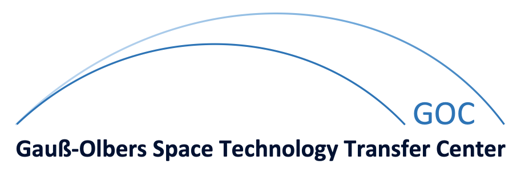| Autoren: |
A. Schröder, S. Gracla, M. Röper, D. Wübben, C. Bockelmann, A. Dekorsy |
| Kurzfassung: |
Low Earth Orbit (LEO) satellite-to-handheld connections herald a new era in satellite communications. Spatial Division Multiple Access (SDMA) precoding is a method that mitigates interference among satellite beams, boosting spectral efficiency. While optimal SDMA precoding solutions have been proposed for ideal channel knowledge in various scenarios, addressing robust precoding with imperfect channel information has primarily been limited to simplified models. However, these models might not capture the complexity of LEO satellite applications. We use the Soft Actor Critic (SAC) deep Reinforcement Learning (RL) method to learn robust precoding strategies without the need for explicit insights into the system conditions and imperfections. Our results show flexibility to adapt to arbitrary system configurations while performing strongly in terms of achievable rate and robustness to disruptive influences compared to analytical benchmark precoders. |
| Dokumenttyp: |
Konferenzbeitrag |
| Veröffentlichung: |
Denver, CO, USA, 9. - 13. Juni 2024 |
| Konferenz: |
IEEE International Conference on Communications (ICC 2024) |
| Dateien: |
| Flexible Robust Beamforming for Multibeam Satellite Downlink using Reinforcement Learning | |
BibTEX
|







